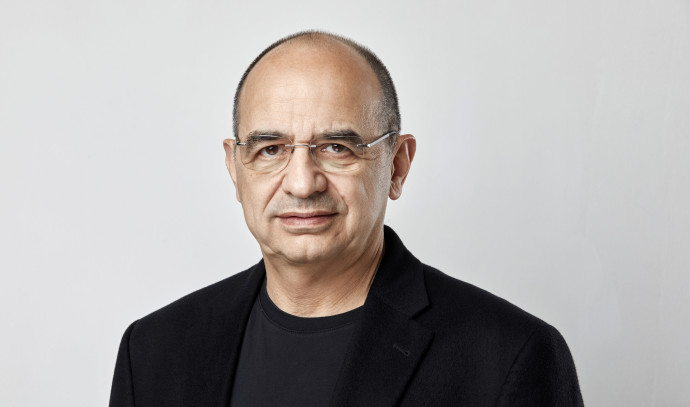The Board of Governors of the Israel-U.S. Binational Industrial Research and Development (BIRD) Foundation convened on December 19, 2023, to greenlight a transformative investment of $9.6 million for ten pioneering projects bridging the gap between US and Israeli technological prowess.
With additional support from the private sector, the total infusion of capital into these ventures is set to soar to an impressive $24.5 million.
Jaron Lotan, executive director of the BIRD Foundation, expressed immense pride in the organization’s role in fostering a record number of collaborative projects, reaffirming its commitment to nurturing impactful partnerships and driving innovation across geographical and sectoral boundaries.
Known for its role in fostering cross-border collaborations, the BIRD Foundation serves as a catalyst for innovation, facilitating joint product development endeavors between US and Israeli companies across a spectrum of technological domains.
Beyond providing conditional grants of up to $1.5 million, the foundation plays a proactive role in nurturing these partnerships, guiding companies in identifying strategic allies, and fostering crucial introductions.
Each project vying for BIRD Foundation funding undergoes a meticulous evaluation process, overseen by experts appointed by the National Institute of Standards and Technology (NIST) of the US Department of Commerce and the Israel Innovation Authority. This stringent vetting ensures that only ventures with the highest potential for success and impact receive the coveted nod of approval.
Diversity of winning projects
The board of governors’ recent approval of ten innovative projects marks a significant milestone for the BIRD Foundation, underscoring its enduring commitment to fostering collaborative endeavors between US and Israeli companies.
These projects, selected from a competitive pool, join the ranks of over 1,000 initiatives that have received funding over the foundation’s illustrious 46-year history. With a total investment exceeding $390 million, these joint ventures have not only propelled technological advancements but also catalyzed direct and indirect sales surpassing $10 billion.
Mojdeh Bahar, associate director for innovation and industry services at NIST and co-chair of BIRD’s board of governors, lauded the diversity and ingenuity showcased by the winning projects.
“After a rigorous evaluation by our board, we’re proud to announce the 10 winning projects,” she said. “We congratulate this cycle’s grant recipients and look forward to the successful commercialization of their products.”The approved projects include initiatives such as the development of non-fat cocoa solids and cocoa-based powder using cell-based technology by Celleste Bio and Mondelez International. Additionally, CENS Materials and LiCAP Technologies aim to enhance EV battery capacity and performance while reducing production costs through advanced electrode processes. Diptera.ai and Vectech, Inc. are harnessing artificial intelligence to combat malaria by monitoring and controlling the anopheles stephensi mosquito, a potent malaria vector.
Other projects focus on optimizing healthcare operations, such as the development of an AI-driven Planner by Greatnix, dba Opmed.AI, and Mayo Clinic to maximize resource utilization in operating rooms. Hypervision and Light Polymers aim to revolutionize Virtual Reality and Mixed Reality optics with liquid crystal-based polarized coating technology.
In the realm of food production, Imagindairy and Ginkgo Bioworks are collaborating to produce non-whey dairy proteins at scale and cost parity for novel food products. Meanwhile, Israel Aerospace Industries and MELD Printworks are leveraging Additive Friction Stir Deposition technology to develop large civil aviation components.
Agricultural and environmental initiatives include LahakX and Aero Systems West’s development of a heavy payload spraying drone swarm for agriculture and fire prevention. Sheba Medical Center and Serpin Pharma are conducting a Phase II clinical trial to restore immune balance for patients with acute myocardial infarction.
Lastly, Tissue Dynamics and ATCC are collaborating on an advanced organoid kit for cardiac toxicity assessment, contributing to advancements in healthcare research and development.
Dr. Einat Magal, acting chief scientist of innovation at the Ministry of Innovation, Science, and Technology, and co-chair of BIRD’s board of governors, underscored the profound significance of the enduring collaboration between Israel and the US, particularly amid the backdrop of global challenges.
“One of the expressions of the decades-long strong partnership between Israel and the US is the support shared by both countries in the hi-tech industry that finds its expression through the work of the BIRD Foundation,” she said. “Especially during the recent difficult times, this collaborative work bears greater significance and is a testament to the added value brought by both the Israeli and the US. companies.”



